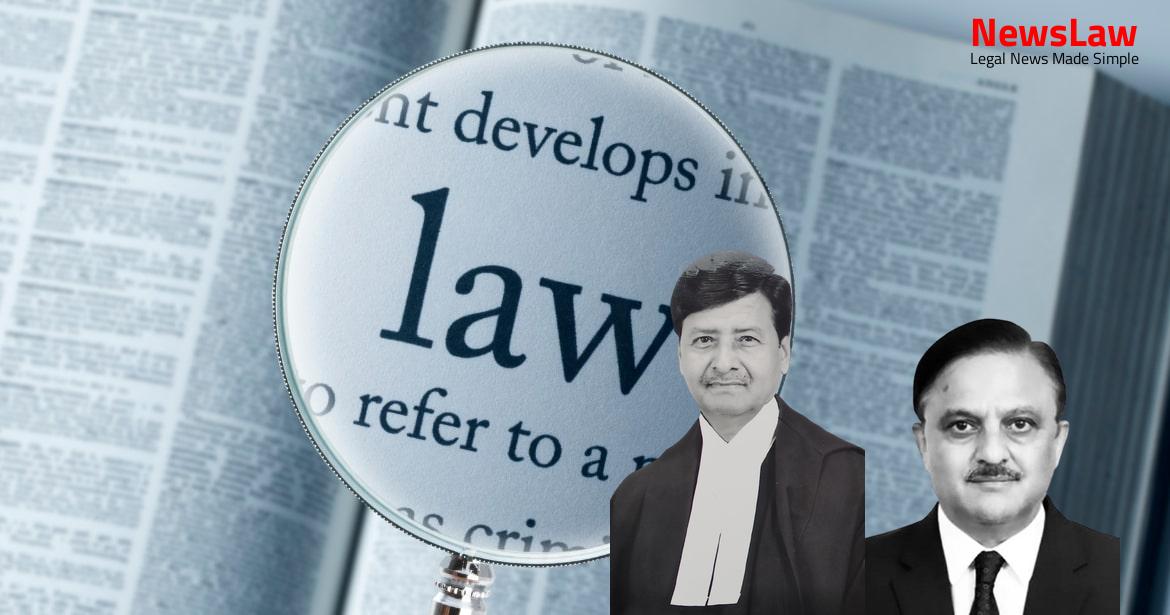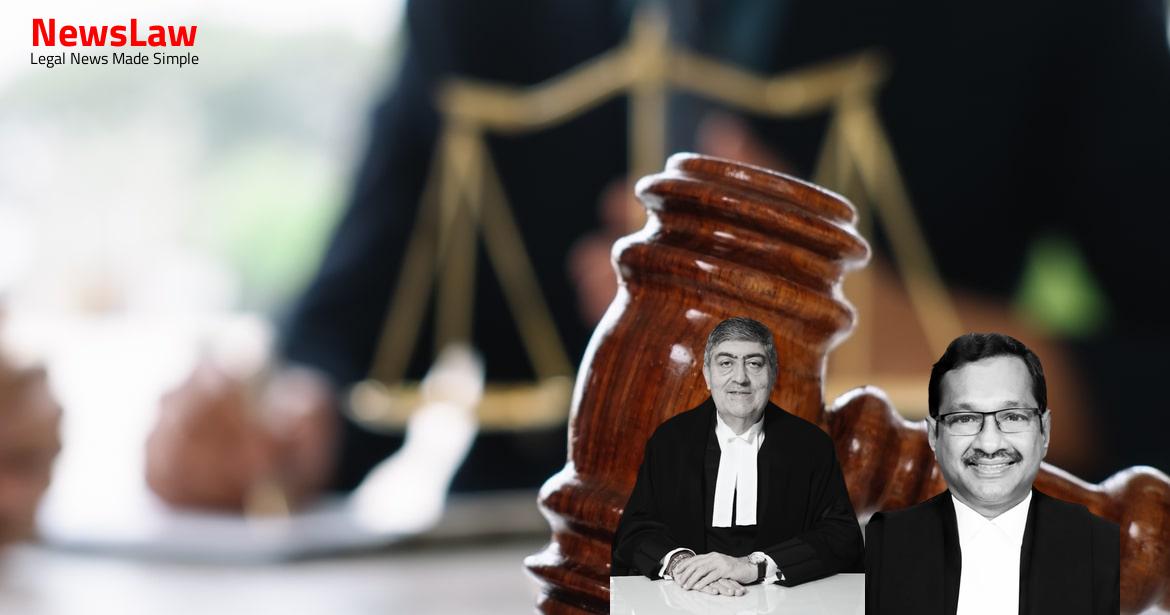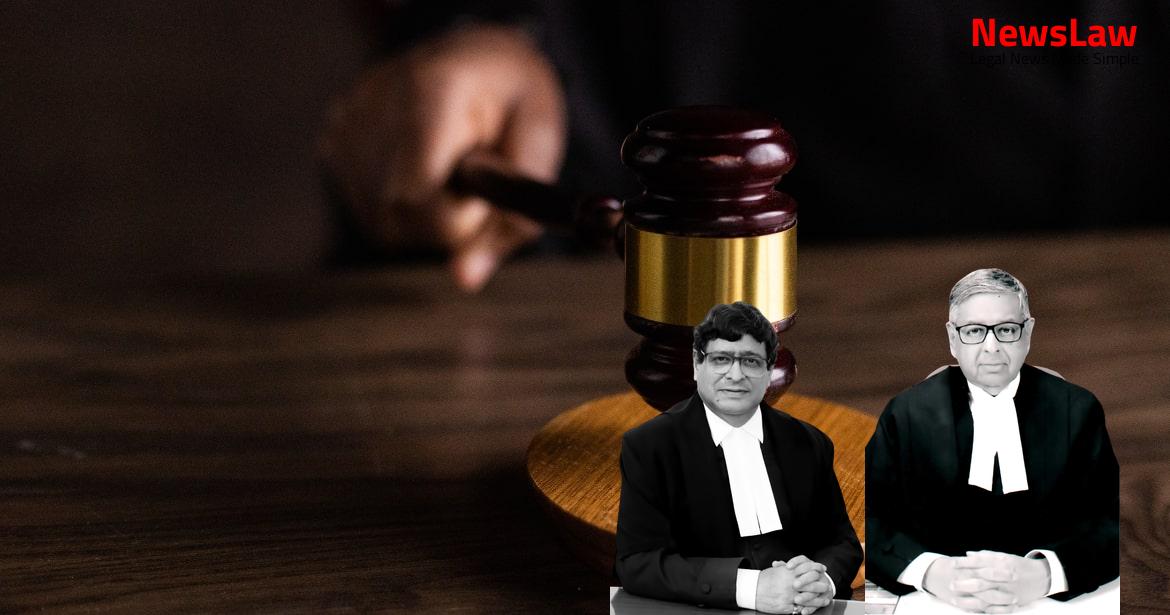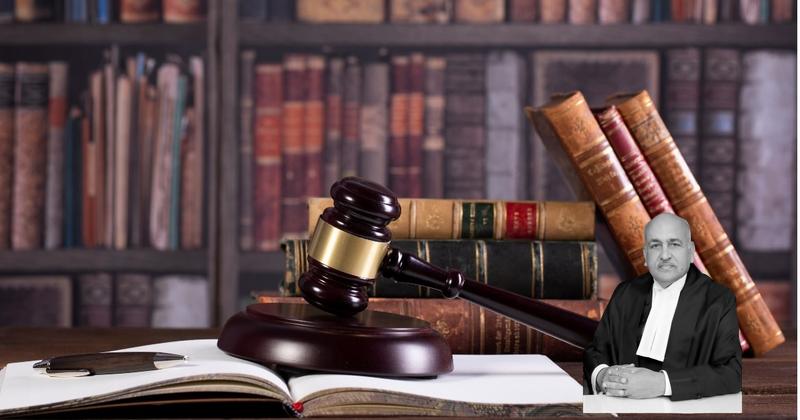The recent legal analysis of a high-profile case showcases the critical scrutiny applied by the court to the prosecution’s case. Questions have been raised regarding the evidence presented, the identification of the accused, and the ownership of key elements in the case. This blog delves into the court’s detailed analysis, highlighting the doubts cast on the prosecution’s narrative and the implications of these findings.
Facts
- Out of 174 samples, sample Nos.1 to 158 and 167 contained Ethyl Alcohol.
- Accused No.2 disclosed that spirit was loaded in the truck in plastic cans, owned by accused No.1.
- Police seized 6090 litres of spirit stored in 174 plastic cans from the truck.
- Truck had fake number plates bearing a different registration number.
- Truck was stopped at a check post where accused No.2 attempted to flee along with accused Nos.3 and 4.
- Accused No.1 used the truck to transport spirit illegally.
- Accused were convicted under Section 55(a) of Kerala Abkari Act.
- Charge sheet filed against accused Nos. 1, 2, and 4 as accused No.3 could not be traced.
- Seizure mahazar drawn by the police, with truck, plastic cans, and spirit seized.
- Accused No.2 drove the truck ahead, damaging barricades, while being checked by police.
- Accused No.2 was accompanied by accused Nos. 3 and 4 in the truck during the offence.
- Accused No.1 appealed against the conviction order but the appeal was dismissed by the Kerala High Court.
- The defense argued that the only evidence against Accused No.1 was an alleged confession by Accused No.2.
- Prosecution failed to prove that Accused No.1 was the owner of the truck involved in the offense.
- Witness PW3 did not support the prosecution’s claim that he sold the truck to Accused No.1.
- Record of the Regional Transport Office regarding the truck’s ownership was not produced by the prosecution.
- Photocopy of the truck’s R.C book found in the truck did not conclusively establish Accused No.1 as the owner.
- No investigation was conducted to verify the truck’s engine and chassis numbers to determine the correct registration.
- Notices were sent to individuals for information, but the response did not provide conclusive evidence.
- Accused Nos.1, 2, and 4 were convicted under Section 55(a) of the Abkari Act for the offense.
Also Read: Recovery of Misappropriated Temple Funds: Court’s Legal Analysis
Arguments
- The entire prosecution case is doubted and the conviction of accused No.2 is questioned.
- No evidence is presented against accused No.4.
- Identification of accused No.2 in Court is questioned due to the delay in identification.
- Lack of examination of key witnesses like Shri Ebrahim, Shri Chandran, and PW3 Rajendra Prasad.
- Absence of evidence supporting the ownership of the truck by accused No.1.
- Appeal for accused No.1 to be allowed due to lack of ownership evidence.
- The respondent’s counsel argued that the identification of accused No.2 by prosecution witnesses in court should not be doubted just because a T.I Parade was not conducted.
- He emphasized that PW13, an independent witness, had a consistent version that was not shaken during cross-examination.
- The respondent’s counsel urged that the concurrent findings of fact by the Sessions Court and High Court should not be interfered with, especially given the gravity of the offense.
- He highlighted the quality of evidence provided by PW13 and PW6, supporting the conclusion that accused No.2 was the driver of the truck carrying the liquor.
- The respondent’s counsel pointed out that the quantity of liquor containing injurious substances found in the truck was undisputed.
Also Read: Determining Seniority in Delayed Appointments: Legal Analysis
Analysis
- The evidence of PW13 regarding the identification of accused Nos. 2 and 4 in court cannot be accepted due to the large time gap between the incident and his testimony.
- The absence of a T.I Parade does not automatically invalidate a witness’s identification of the accused in court, but it may weaken the credibility of the identification.
- The witness PW3 identified accused No.2 as the driver of the truck but did not provide substantial evidence to convict accused No.1.
- There is a lack of documentary evidence proving accused No.1’s ownership of the truck at the relevant time.
- The prosecution failed to produce the RTO record regarding the registration of the truck, affecting the clarity of ownership.
- Several witnesses did not definitively identify accused No.2 as the driver of the truck, raising doubts about the prosecution’s case.
- Conflicting statements and lack of concrete evidence cast uncertainty on the prosecution’s case against accused Nos. 2 and 4.
- The prosecution did not present evidence regarding the correct registration number of the truck
- The prosecution did not provide the name of the registered owner of the truck
- This could potentially weaken the prosecution’s case
Also Read: Legal Analysis in Assault and Homicide Case
Decision
- The impugned judgment and orders have been set aside.
- The appellants have been acquitted of the offences alleged against them.
- Their bail bonds stand cancelled.
- The entire prosecution case becomes doubtful.
- Both the appeals have succeeded, and they are allowed.
Case Title: JAYAN Vs. THE STATE OF KERALA (2021 INSC 660)
Case Number: Crl.A. No.-001246-001246 / 2021



